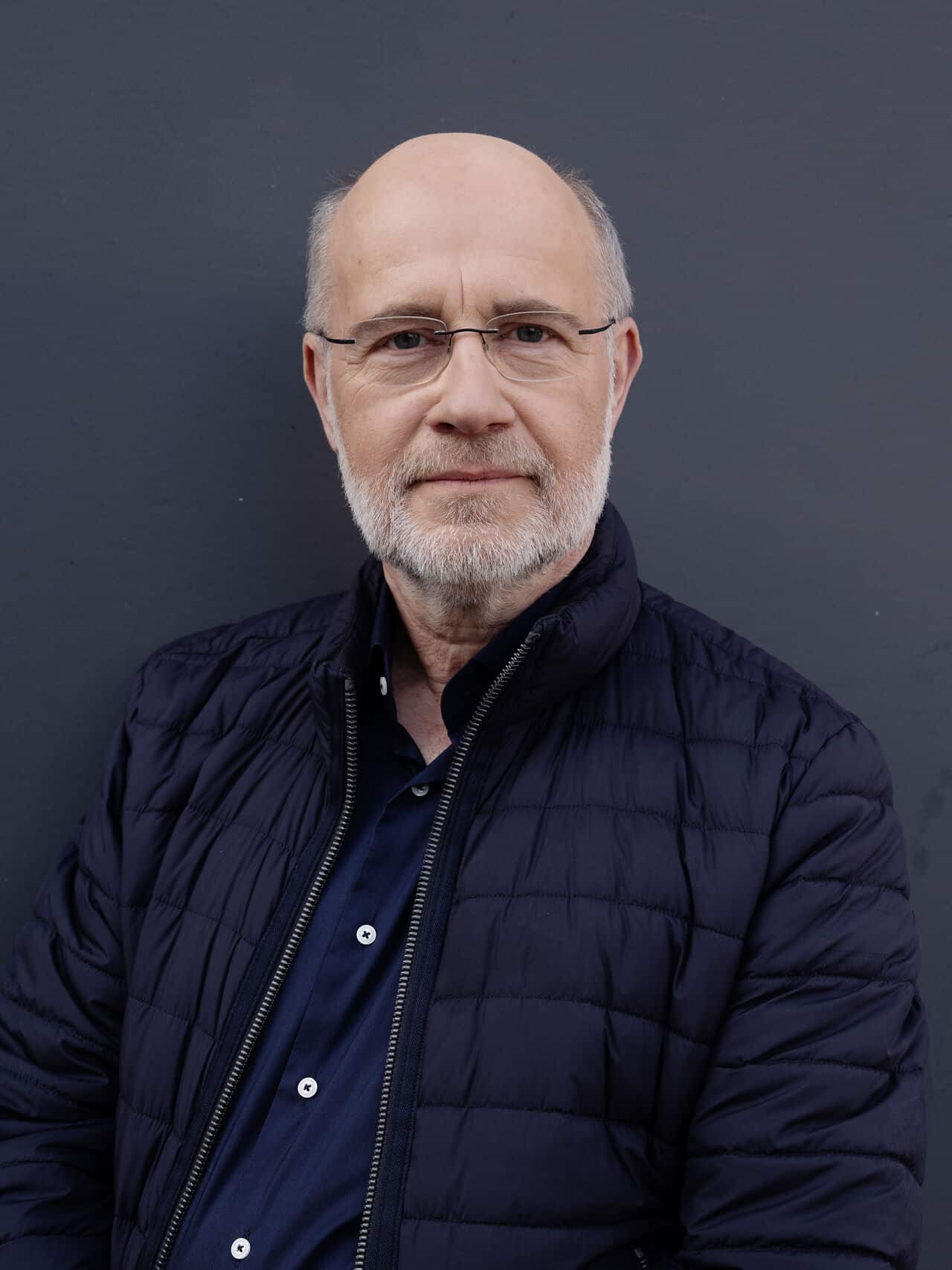
Climate Science and how to communicate about it with
Select Season
Listen to this episode: Duration: 55 min.
Quick Overview
In this podcast episode, we speak with Harald Lesch. He begins by exploring what makes Earth so special in the cosmic context and what this means for how we relate to our planet. He then discusses the responsibility of the wealthiest to support those less privileged, especially considering the greater accountability that industrialized nations bear in addressing climate challenges.
Lesch invites us to engage in an evolution toward a more planetary feeling and perspective. He reflects on the tension between progress and regression particularly in light of ongoing investments in fossil fuels, even as renewable energy continues to grow rapidly. He offers concrete examples from regions in Germany and California to illustrate these dynamics.
Throughout the conversation, he emphasizes how both the economy and energy systems are powerful forces shaping decision-making. He also highlights the importance of storytelling, not only to communicate the impacts of climate change, such as its effects on human health, but also to share successful, collaborative solutions. Finally, he advocates for an interdisciplinary approach to education as a key to creating meaningful change.
Questions and Topics Addressed in this Episode
- As both a scientist and a natural philosopher, what makes our planet so unique in your eyes?
- How would you describe the current state of human consciousness regarding our interconnection with all life?
- For someone unfamiliar with climate science, how would you explain the greenhouse effect and its impact on daily life?
- You’ve been communicating about ecological stress and systemic solutions for years. What have you learned from this experience; do you have any tips on how to better communicate about this?
- What promising technological or systemic solutions do you see for addressing the climate crisis, such as renewable energy?
- You often emphasize the urgency of systemic change. What role do you see for education, especially ethical and scientific education, in shaping the transition?
- In your book If Not Now, When Then?, you invited readers to act according to the Earth Charter’s 16 principles. How do you see the Earth Charter helping bridge the gap between science and moral responsibility?
- What are your hopes for COP30? And what, in your view, must truly happen or change to make these global summits more effective?
Harald Lesch

Climate Science and how to communicate about it
Who is Harald Lesch?
Dr. Harald Lesch, is Astrophysicist, Philosopher, Science Journalist and “Senior Influencer.” Professor of Theoretical Astrophysics at the Ludwig Maximilian University of Munich, where he has taught since 1995. He has also been Professor of Natural Philosophy at the Munich School of Philosophy since 2002. In addition to his scientific work, Lesch is one of the best-known science communicators in the German-speaking world and has appeared in numerous TV programmes and on YouTube. He won several awards including the 2023 Officer’s Cross of the Order of Merit of the Federal Republic of Germany and the Bavarian Maximilian Order for Science and Art and the Federal Cross of Merit 1st Class for his services to science and education.
He is author and co-author of numerous books including “Understanding climate change: with Sketchnotes” and “If not now, when?: Acting for a world we want to live in” (Wenn nicht jetzt, wann dann?: Handeln für eine Welt, in der wir leben wolle, where he refers to the Earth Charter.
This podcast is developed by Earth Charter International as part of our work as UNESCO Chair on Education for Sustainable Development with the Earth Charter.




